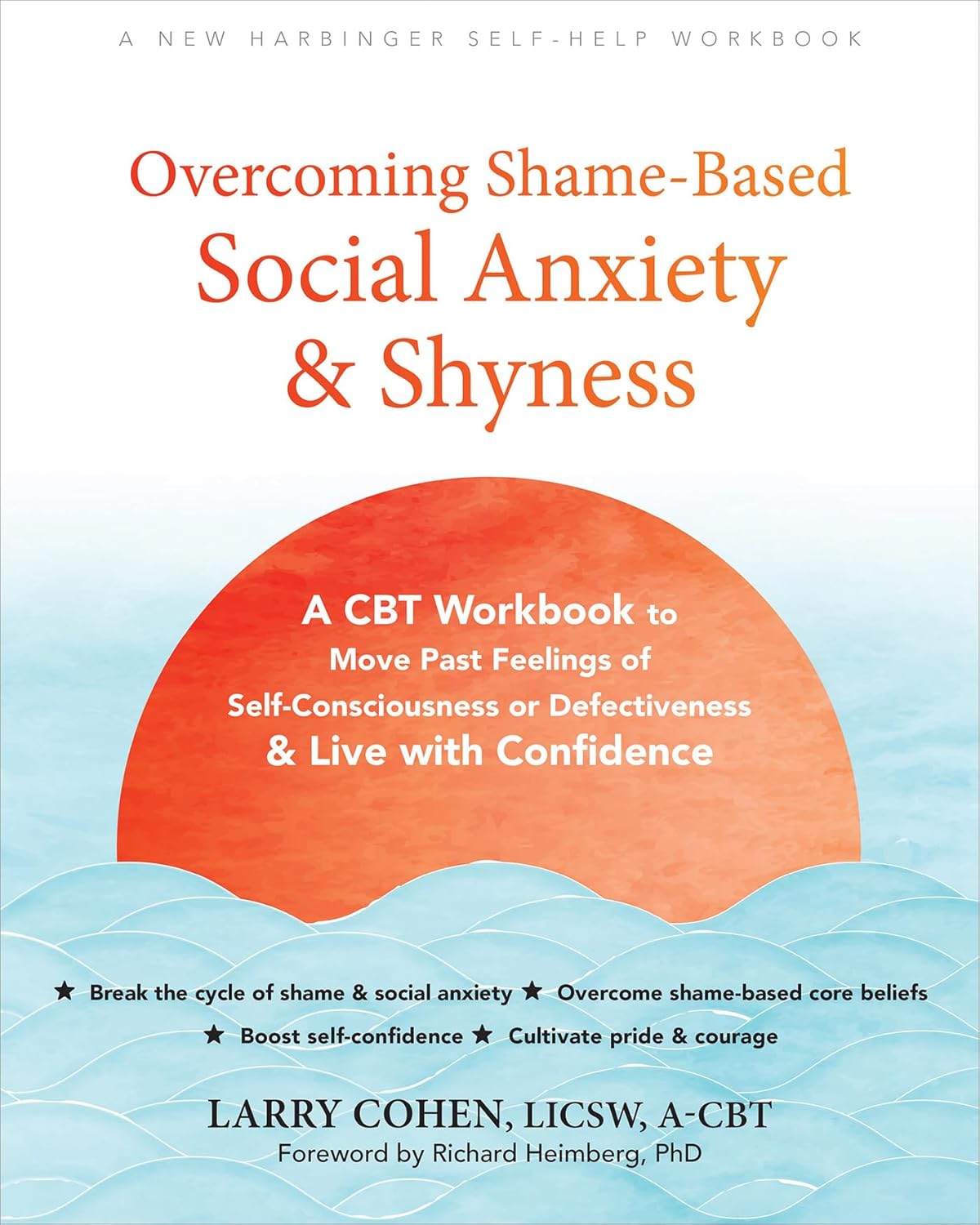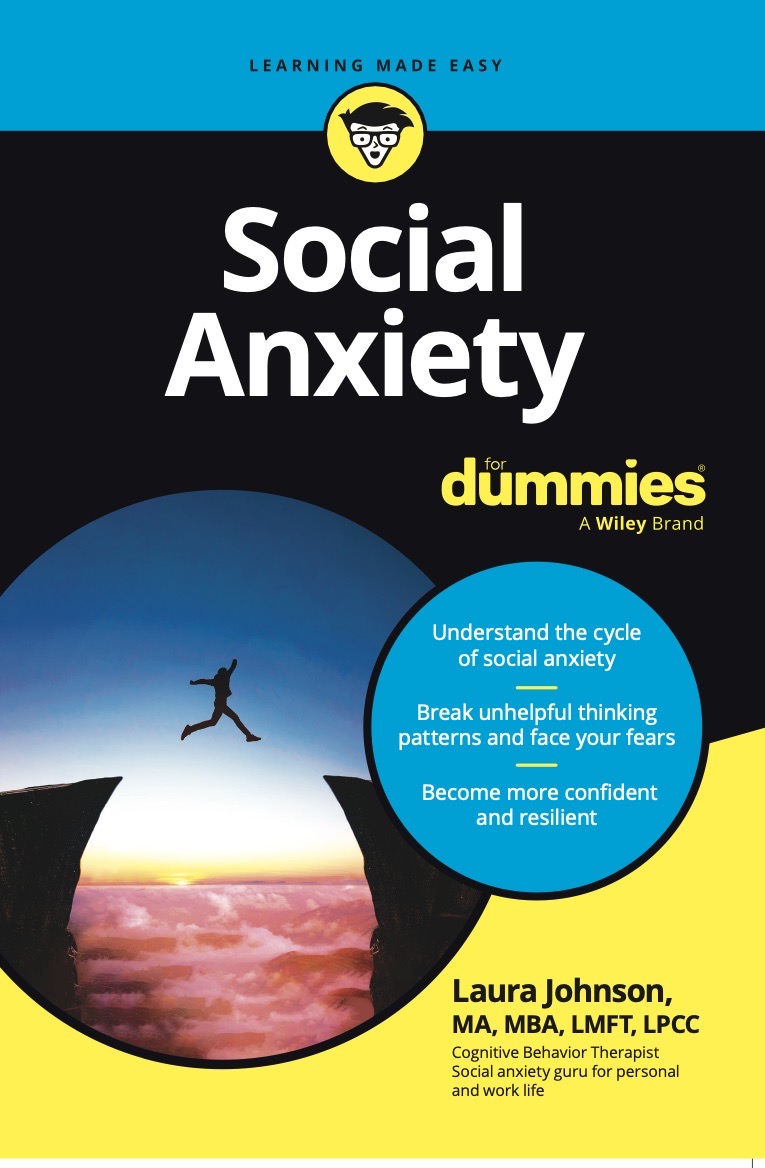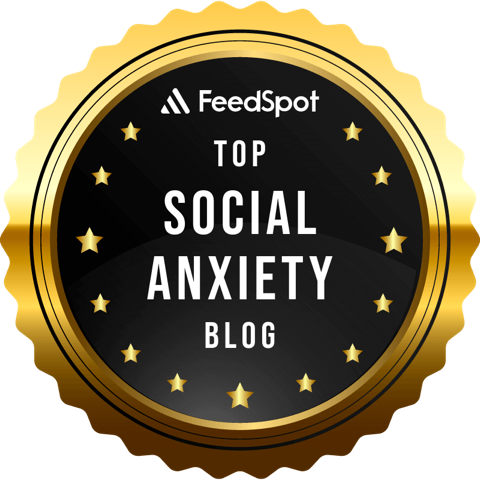Many people mistake social anxiety with introversion. Introversion is a perfectly normal personality trait. More precisely, there is a continuum from extroversion to introversion that describes one dimension of personality. Those who are relatively extroverted have an innate disposition to interact with many different people, often in groups. Those who are relatively introverted are more disposed to solitude and interactions with fewer persons, often one at a time.
Extroversion and introversion simply describe one element of our basic temperament: what feels natural to us, rather than what feels like work. There is evidence suggesting that there is a genetic basis for introverted and extroverted temperaments. But that doesn’t mean we can’t behave in a way that doesn’t come naturally when a situation calls for it. Healthy people are capable of, and often engage in, both extroverted and introverted activities since each has its advantages. For example, extroverted settings (eg. mingling in groups) are often more conducive to meeting people and developing support networks. On the other hand, introverted settings (one on one) tend to be more conducive to getting to know people well and developing close relationships.
Social anxiety, by contrast, is based on a tendency to overestimate the likelihood and the cost of social risk (judgment, rejection and embarrassment), and to underestimate our ability to cope with such fears coming true. Extroverts and introverts alike may suffer from social anxiety. Nor are all introverts socially anxious.
Socially anxious extroverts may be fearful of being assertive, speaking in front of groups or talking to attractive strangers…just like socially anxious introverts. When they are feeling socially anxious, extroverts often behave in an avoidant or withdrawn manner which many people misinterpret as meaning they are introverts, but really just means they are feeling uncomfortable and unconfident.
I believe that the basic goal in cognitive-behavioral therapy for social anxiety is to help extroverts and introverts alike feel more self-confident and comfortable interacting with others in whatever settings they either desire or need to participate. I believe it is both ineffective and unethical to try to change those who are temperamentally introverts into extroverts…or vice versa. Such efforts are not only bound to fail, but they tend to reinforce the unhealthy core beliefs about personal deficiency that help cause social anxiety in the first place.
Larry Cohen, LICSW
Cofounder, National Social Anxiety Center; Director, NSAC District of Columbia
larrycohen@socialanxietyhelp.com; 202-244-0903
Share this blog post.











